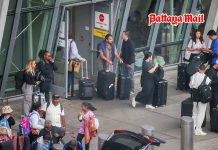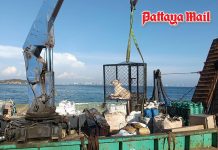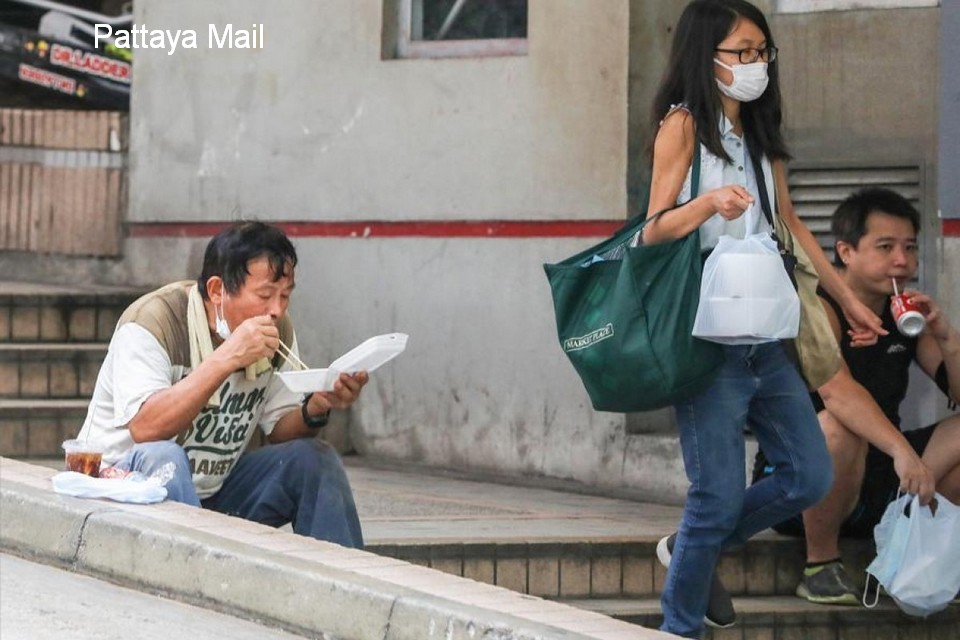
The news that the government’s top health committee, Center for Covid-19 Situation Administration (CCSA), is recommending that Bangkok and high-risk coronavirus provinces should ban in-dining in restaurants and cafes has sent a shudder through the Pattaya community. An edict from the Chonburi governor’s office – his jurisdiction covers Pattaya – on December 30 did indeed prohibit in-dining but was reversed on New Year’s Eve to the delight of restaurant owners and customers.
But the CCSA is to meet the Bangkok Metropolitan Administration within the next 48 hours to “request” that restaurants in the capital be restricted to providing take-away meals in order to reduce the potential worsening of the Covid-19 crisis. The BMA has said that they want further discussions because of the potential impact on unemployment. The prime minister has stated that each province must decide for itself the measures necessary to combat the pesky virus. He has ruled out a nationally-imposed lockdown.
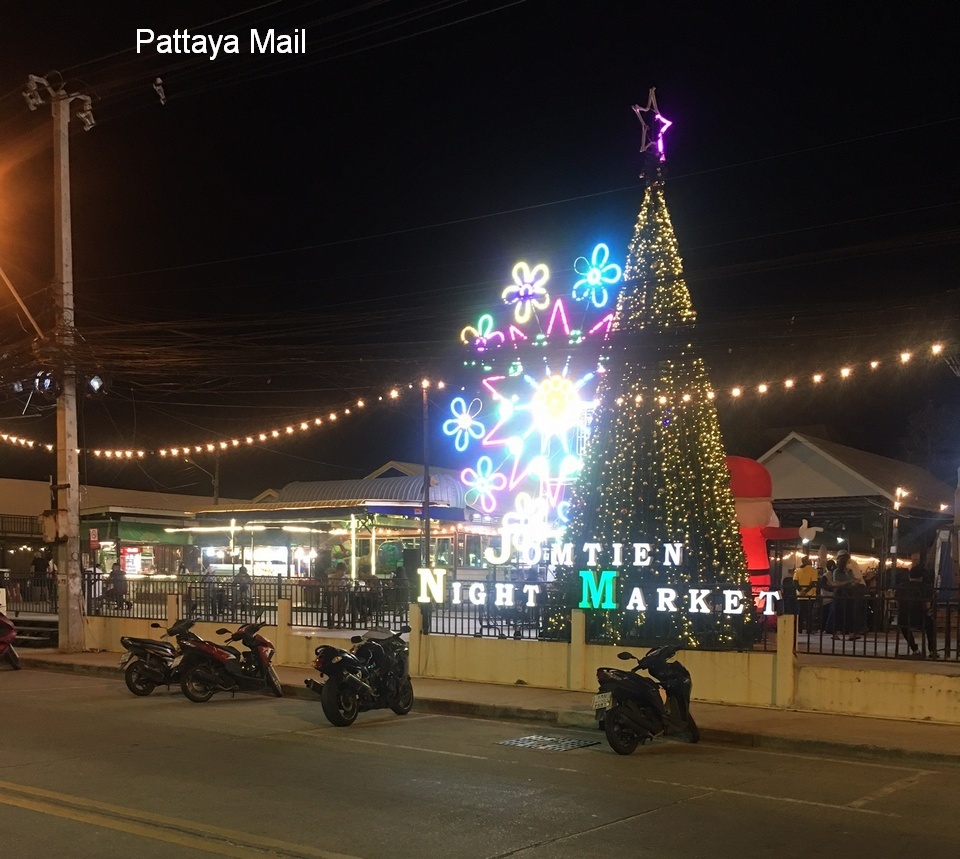
The downside is that Chonburi, on the most recent figures available, had the second biggest number of daily infections after Samut Sakhon. The Chonburi governor, in his New Year’s Eve edict, said he was restoring in-dining because the province was showing good progress in combatting outbreaks which were thought to be centred on markets and casinos. Virus testing in vulnerable communities, including guest workers from neighboring countries, has been stepped up.
The question of in-dining in relation to fighting the disease has been controversial in many countries. In Hong Kong, business owners pointed out there was no evidence that open air dining was a significant threat. In New York, activists maintained that the huge impact on worker unemployment meant that the proposed solution was worse than the stated problem. However, those arguments were not successful in preventing the imposition of take-out meals only in both jurisdictions.
The stakes are particularly high in Pattaya because of the high number of workers in the meals industry. One idea currently being put forward locally is that restaurants should limit numbers to two people at a table and be forced to operate at half capacity. At the moment, restaurants are instructed only to take temperatures, offer sanitizer, observe undefined social distancing and record customers’ names and phone numbers.
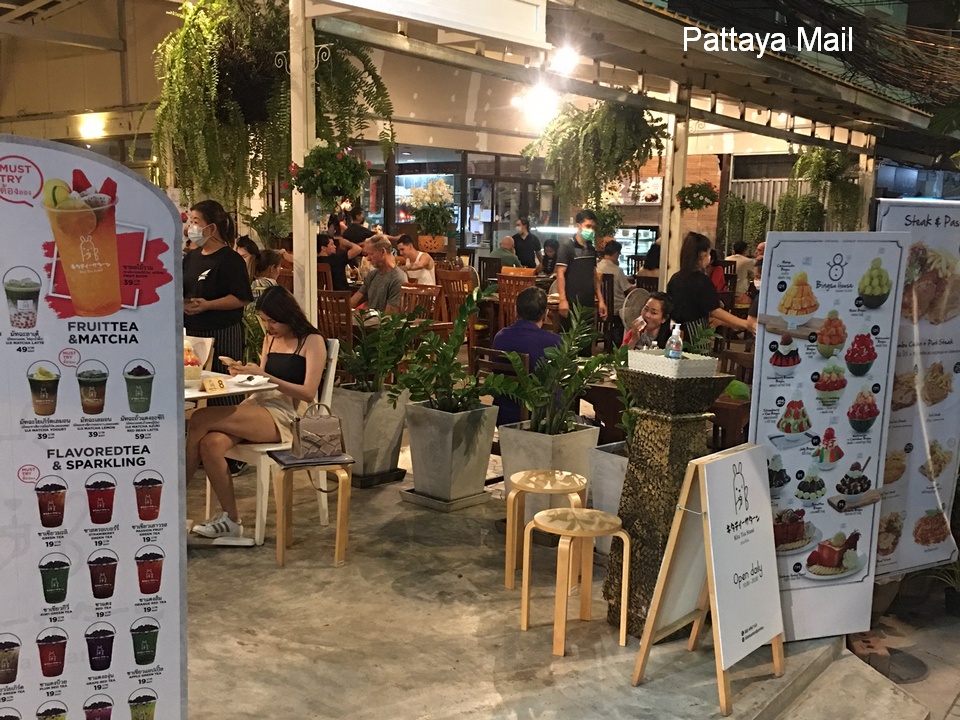
But many medical gurus say that all the rules are difficult to enforce in practice. Although customers in Pattaya are supposed to drink alcohol only whilst eating, there were many examples last spring – during a similar crackdown – of miscreants ordering a small sandwich whilst slowly consuming umpteen bottles of beer or bottles of wine with friends. Moreover, some establishments were found to be selling snacks to justify alcohol sales even though they lacked the required food and hygiene certificates. The Ministry of Health complained that it lacked the number of inspectors to check all the defaulters. Some restaurants and customers have not registered for the recommended Thaichana tracing app and are reliant on individuals’ honesty in writing down their names and phone numbers on a hand-written list.
It is known that the Chonburi leaders are painfully aware of the problems associated with mass unemployment as the city has already become a tourist ghost town owing to the collapse of mass international tourism throughout 2020. The problem, of course, is that Covid-19 is no respecter of special pleading or human misery. The provincial governor now carries a grave responsibility. Literally.



